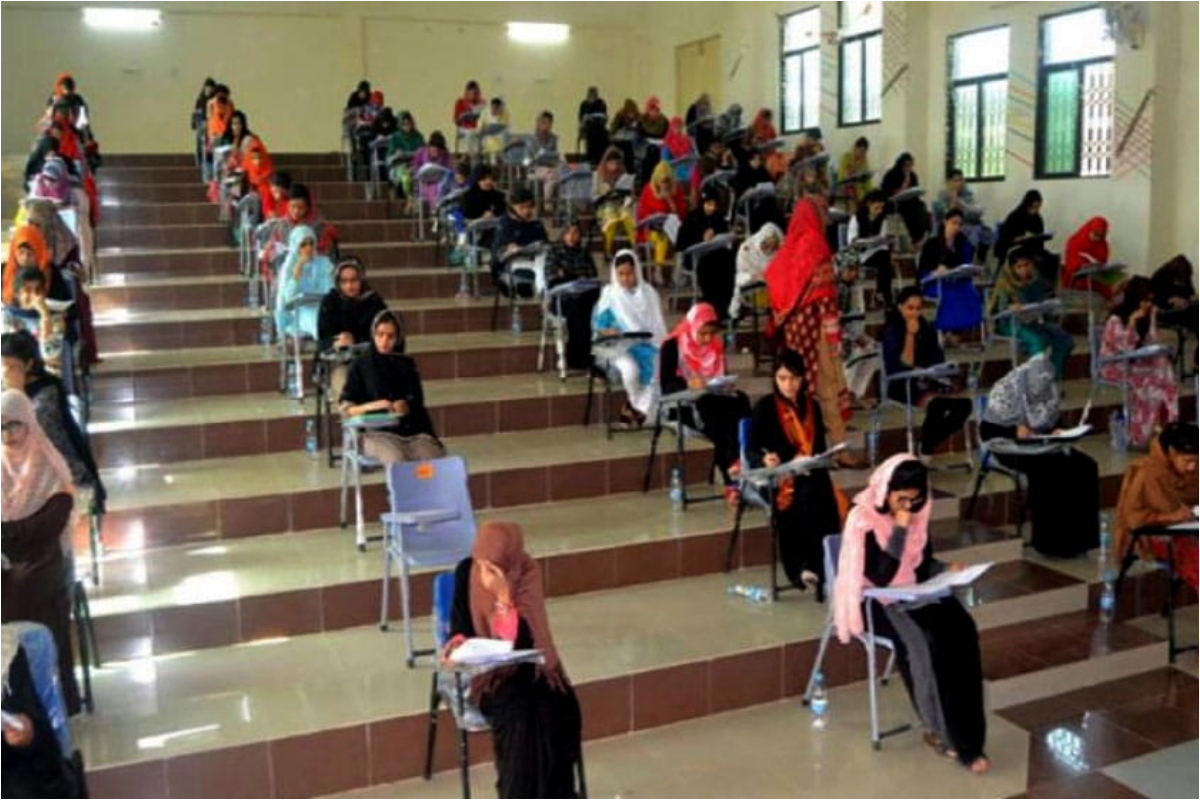According to Ministry of Information Technology and Telecommunication (MoITT) sources, the Ministry believes it is vital to re-align government strategies in order to attract a decent portion of worldwide expenditure on outsourcing and freelancing services in Pakistan.
The government has put together an incentive package for freelancers. The package aims to expedite and simplify the opening of foreign currency bank accounts for registered freelancers, as well as to reduce tax rates and establish a free centralised VPN gateway service that will be whitelisted by Pakistan Telecommunication Authority to provide services to verified freelancers registered with Pakistan Software Export Board (PSEB).
This would contribute to the creation of thousands of new employment for freelancers in various industries, in keeping with the present government objective of developing high-end, well-paying white-collar positions for millennials employed in the digital economy.
The Ministry has acknowledged that particular government incentives for freelancers are inadequate, and that incentives for them are needed to create a favourable business environment. It is proposed that the incentives given to the IT sector also apply to the freelance sector.
Furthermore, PSEB will introduce an incentivized registration fee package for freelancers, as well as easier access to PSEB programmes and initiatives, such as fee and subsidised training, certifications, subsidised office space at Software Technology Parks (STPs) across the country, and access to international marketing and matchmaking opportunities. According to the plan, SECP will offer a 20% registration fee rebate to PSEB registered freelancers who create a single-member corporation.
It is intended to make collateral-free loans of up to Rs. 1 million available to PSEB registered freelancers at subsidised rates through commercial banks and financial institutions.
It is proposed that PSEB registered freelancers have access to subsidised health and life insurance through existing and future government and commercial programmes. It is proposed that PSEB registered freelancers be included in any house loan schemes under existing and government and private efforts, subject to producing a record of at least 5 years of freelancing export remittances of more than $10,000 per year. These qualified freelancers will be given with house loan facilities at a subsidised loan rate.
It is proposed that provinces and federal capital revenue boards establish a lower sales tax rate of no more than 2% on local services revenue received by PSEB registered freelancers. It is also proposed that this sales tax payment be due only at the end of the invoicing month plus 60 days.
Among the non-financial incentives recommended is visa facilitation for PSEB registered freelancers whose export income/revenue for the previous three years surpasses $5000 per year and is transferred through regular banking channels.
Fast-track and simplified opening of foreign currency bank accounts for PSEB-registered freelancers, with 365 percent foreign exchange retention. It is planned that commercial banks build technology business branches in at least six Pakistan cities where technology is aware, with SBP and commercial banks giving required training for the staff of these branches.
It is also planned that Revenue Boards for PSEB develop a free centralised VPN gateway service that the Pakistan Telecommunication Authority will whitelist in order to give services to verified freelancers registered with PSEB.
IP whitelisting is recommended for voice over IP (VOIP) traffic for PSEB registered freelance, where VolP traffic shall not exceed 200kbps. It is proposed that ISPs/telco operators provide Committed Information Rate (CIR) internet bandwidth service packaged under a work-from-home package with a minimum of 20 Mpbs connection at subsidised prices to PSEB registered freelancers.





















